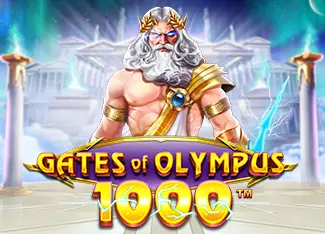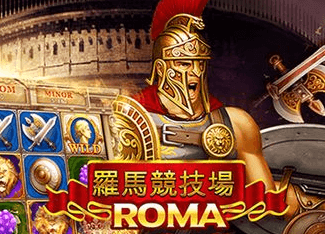IDR
Layanan Customer
Layanan Product

Permainan Terlengkap dalam seluruh platform
Lisensi Game

lisensi Resmi & Aman oleh PAGCOR
Layanan Member
Tambah Dana
Waktu
Menit
WITHDRAW
Waktu
Menit
Sistem Pembayaran

ONLINE

ONLINE

ONLINE

ONLINE

ONLINE

OFFLINE

OFFLINE

ONLINE

ONLINE

ONLINE
PARAGON777: Situs Gacor Server Pusat Thailand Hari Ini Mudah Maxwin


















































